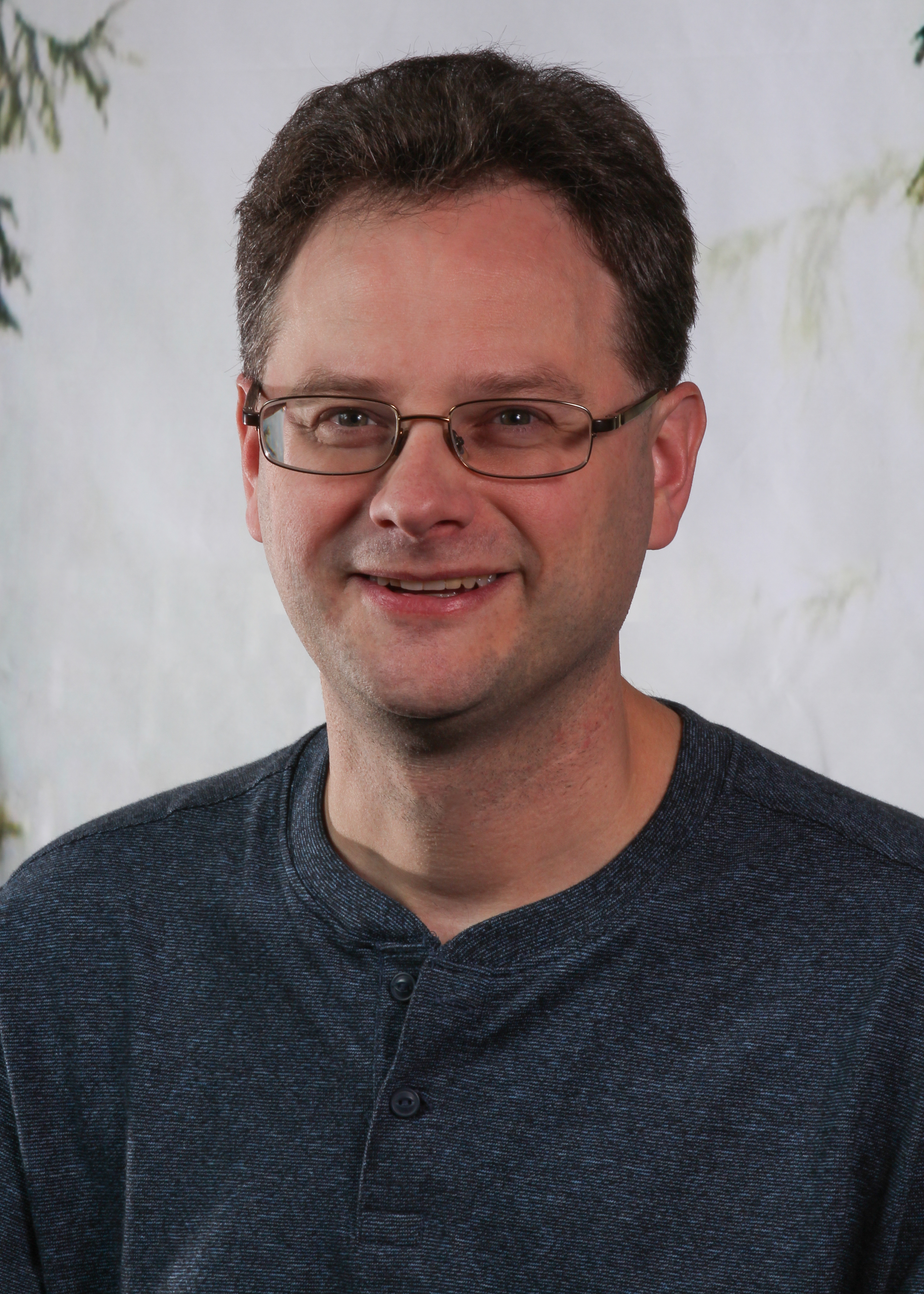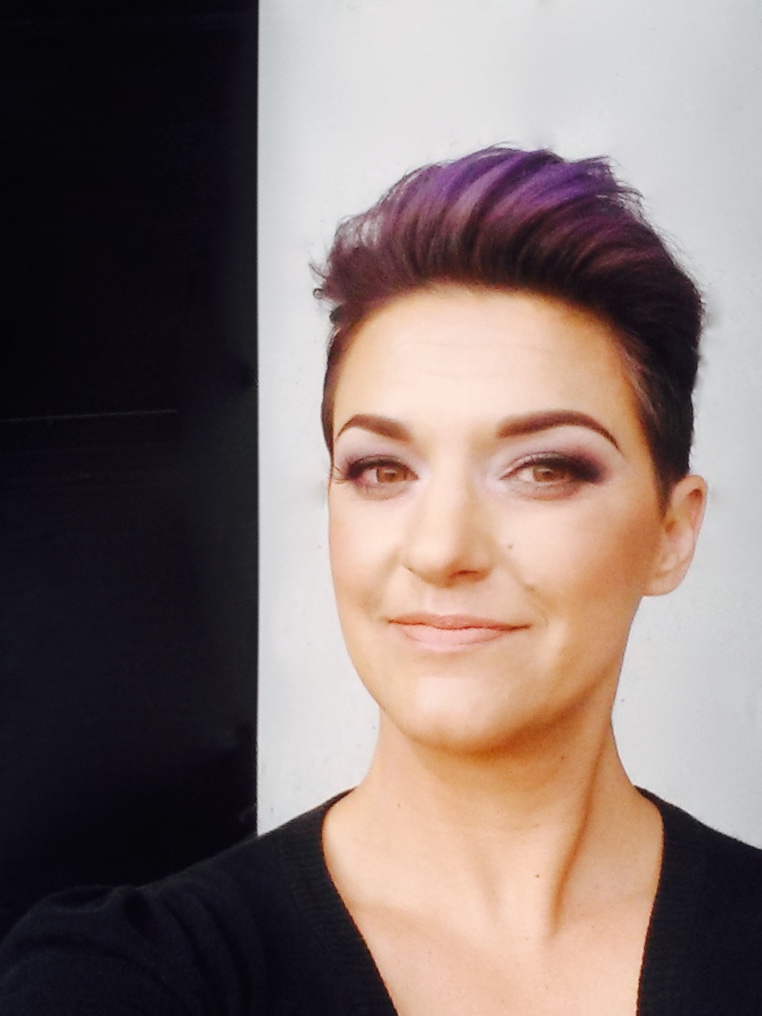A Guest Post from Scott Lee
I pulled in to the house, just back from my third time attending the Superstars Writing Seminar. I had spent the ride home rehearsing the arguments I would present to my wife as to why I should pull out the credit card and immediately pay for Superstars 2017. After all, the price was the lowest it would ever be, it was set to go up in the morning, and we had a rough idea that our tax return was going to be pretty sweet… Argument in the bag, right? In. The. Bag.
Then I noticed that our little car wasn’t in the drive way. Huh. Becca wasn’t home. Perhaps I would end up waiting awhile before delivering my winning Superstars argument. Or then again, Becca wasn’t home…but no, I’ve lived enough to recognize that thought as a trap.
So, I walk into the house, playing it cool, calm and confident. I had an argument to make.
***
So here I am. Blogging. About writing. And life. And balance. Feeling that I owe you, dear reader, some modicum of advice, insight or wisdom. So here goes.
As I’ve thought about this over the past few weeks I knew pretty quickly that the story I started the blog out with—I’ll finish it later, don’t worry—would have to be included somehow. It is too ironic not to be, and it embodies what thoughts I’ve managed to gather.
First off, I find that framing the question as finding balance between life and writing, writing and real life, or between art and life—creates a false dichotomy. When I considered opening with this point, I had to ask myself if I wasn’t nitpicking. Was I just giving way to personal prejudice against any dichotomy? Everyone talks about writing this way. But I don’t think I’m just picking nits. We can talk about balancing priorities in life, we can talk about where writing fits in our lives, but as long as we split life from writing, even subconsciously, we’re self-sabotaging.
My job doesn’t define me. I am a teacher, but it’s a single facet of who I am not the sum of my identity. Even so, I don’t separate my role as a teacher from my life. It’s not something I go and do when I’m not living. And my role as a writer is no different. If you allow yourself to separate your writing from your “life,” then you make any pursuit of writing time, let alone balance, much harder.
Furthermore, in my experience, most writers are likely to experience things in exactly the opposite direction. It is writing that feels most like life. If we adopt a mental stance where we’re saying that isn’t true, suddenly we’re trying to find time for and balance with, a triviality. Good luck with that.
Second, in practical experience I’ve most often found “balance” by being a binge writer. My typical day didn’t include writing at all. And then when the muse struck in the form of some deadline, I became a zombie with an IV drip of caffeine who taught school and was hubby/daddy during the hours in a day that a sane person was awake, and, during the late night and early morning hours, I wrote like mad in order to get the paper done while the house was quiet. I wrote my grad school papers, my published short story, and my published short story collection/thesis, in this fashion. By the way, 16-19 hours of work/family followed by 5-8 hours of writing, is not balance, it’s insanity. But when I had to, I got writing done, and that seemed like enough. Not an approach I recommend.
I began to make headway a few years ago, when we went on our 10th anniversary vacation. We picked a destination vacation rather than a running-around-seeing-things vacation, and our schedule was determined almost entirely by my writing. I got up in the morning a bit before Becca and wrote my morning pages—three pages, long hand—a daily journaling/meditation exercise I encountered through Julia Cameron’s Artist’s Way books. Then, later, we made our way down to the public library where I’d get a guest pass and a computer and write while Rebecca patiently read whatever caught her eye. I never wrote for more than an hour and a half in a sitting, and most days I wrote for just at an hour, if not a little less. In those five days I wrote well over 10,000 words of new fiction. Not the most I’d ever put together over five days, but I did it without a deadline, without having to try to kill myself in the process, and without suddenly achieving the miraculous hours and hours of writing time I had been subconsciously waiting for before I could “get serious.”
The point isn’t go take a long vacation to Telluride, Colorado without any kids, it’s that in less than two hours-a-day, I put out one of the best steady chunks of words I ever had, and at the end of the process I was neither dead, high on caffeine, delirious, nor stressed out of my mind. I did it as a small part of my ordinary life.
When I got home I had to admit to myself—for the first time, although it seems painfully obvious in retrospect—that I could in fact find balance. Make time to write without killing myself. And I started doing so.
I would love to tell you that I immediately became incredibly disciplined and dove into writing what is now my bestselling novel an hour or less at a time over the next few months. That’s not what happened. My life wasn’t transformed. Nor was my writing. But I wrote more than I ever had, with greater regularity, greater ease, and less stress. And I produced more than I’d ever produced on any single project before.
So here’s my two tiny bits of wisdom: (1) You don’t need a ton of time. Just because Kerouac supposedly wrote On the Road as a highly caffeinated high speed physical endurance test doesn’t mean you have to somehow trade life for writing time. You don’t. Make writing time a part of your life. Make it routine, work-a-day, consistent. Don’t bargain for hours, days, weeks, months, or a year’s sabbatical with your work or your family. Bargain with yourself for an hour or so at a shot, or when you get really smart for any tiny snatch of free time. Make writing life. And you will discover more time and more peace than seems possible if you haven’t done it yet.
(2) Writing isn’t separate from life. In Neil Gaiman’s excellent “Make Good Art” commencement speech, he suggests that the response to negative experiences in life ought to be make good art. I often hear people simplify this to “When life happens to you, make good art!” I know what they mean, but it makes me sad. Because it’s wrong. Art isn’t the counter to life. It’s the ultimate expression of life, and its beauty, tragedy, and value. Art—or writing—isn’t just a record of life, it is the most positive and life affirming of human of acts—the act of creation. So don’t pit your writing against your life. Because the minute you pit anything against your life instead of embracing it as part of your life and making it essential, it will lose. Every. Single. Time.
Now I promised you the rest of the story…
***
My wife was waiting for me back in our room. I felt something coming, kind of the way the lady tied to the tracks in a classic melodrama must feel something coming.
“Hi Becca,” I said. “What happened to the car?”
“Well,” she said, “about that. I was driving on the other side of town today and every warning light on the dashboard came on at once. So I took it to the Toyota dealer. They say the transmission is shot. It’s going to be $5000 dollars to replace it.”
I asked about Superstars 2017 anyway. Why? Because writing is part of my life. An essential part. My wife knows and supports this. We talked about it. I didn’t apologize for asking, and she didn’t yell at me for being stupid, selfish or ridiculous or impractical.
I haven’t paid for Superstars 2017…yet. And I won’t for a while. Seems we need that big tax return elsewhere. I didn’t insist on paying for Superstars immediately, or get down about not being able to. Instead, we made plans for exactly how to pay for it later.
I’ll pay for my car now, because that’s part of my life, and I invest in it. I’ll go to Superstars next year, because writing is part of my life, and I invest in it. In the mean time I’ve had a few hours here and there, and I’m about finished with draft one of a new short story. I’ve loved writing it. I haven’t had a lot of time, but I’m getting it done, and every minute so far has been pure pleasure.
Scott Lee:
Scott Lee is a strange individual who chose teaching and writing as his two primary careers. Obviously he has no desire to make any money, and on that count has largely succeeded. He has, however, written much poetry, some individual short stories, published a short story collection entitled Singular Visions, directed 15 plays, and fathered several human children to go along with his less material offspring. He has thoroughly succeeded, in his own humble opinion, at living a worthy and interesting life.




 A day doesn’t go by when one of my writer friends proudly proclaims online, “It’s 3am, I should sleep but I just need to finish this scene. I’ll rest when I’m dead.” It’s almost like a badge of honor for writers to show others how late into the night they work, sacrificing sleep, personal time, and free time. When I started focusing my life and career toward writing, these were the posts that I thought I needed to live up to. They were inspirational. Sacrifice all for your dream. Go, go, go, until there’s nothing left.
A day doesn’t go by when one of my writer friends proudly proclaims online, “It’s 3am, I should sleep but I just need to finish this scene. I’ll rest when I’m dead.” It’s almost like a badge of honor for writers to show others how late into the night they work, sacrificing sleep, personal time, and free time. When I started focusing my life and career toward writing, these were the posts that I thought I needed to live up to. They were inspirational. Sacrifice all for your dream. Go, go, go, until there’s nothing left.